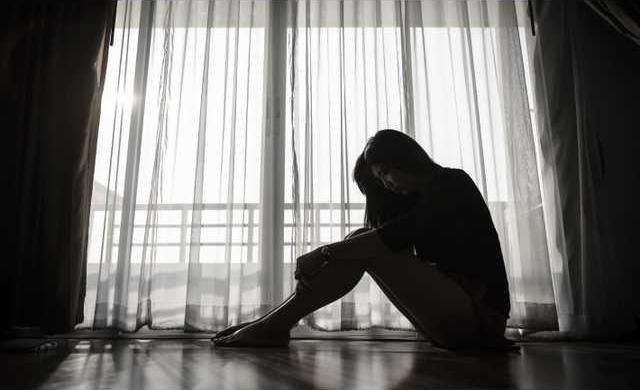![]()
Being emotionally healthy is like owning a well-running car. If your vehicle is taken care of, you can get through construction zones, traffic and bumpy dirt roads with no trouble. If your car is a run-down old clunker, you won’t be able to rely on it to get you where you are going on your terms. This comparison also holds true for a well-functioning brain. A good therapist is like your brain’s mechanic. Here are 10 signs that indicate a professional might be of some help in tuning up your life:
Your stressed-out days outnumber your good days. We aren’t meant to be stressed out all the time. You may want to ask for help if you notice that you are having more than three stressed-out days a week.
You’re getting the distinct impression that your friends and family have stopped listening to your “complaining.” Humans are social creatures. We like to air our grievances to those who will listen.
Something big just happened or is about to happen. Getting married, moving, a death in the family, loss of a job, finding a new job, having a baby and going off to school are all major life events that can be stressors. Even joyous events can mean upheaval in your emotional life.
Getting out of bed in the morning is taking you forever. Sleeping too much can be a sign of depression.
The boss or a co-worker is telling you you need to take some time off. If you work full-time, you spend about a third of your time on the job. The people who see you the most are going to notice when you aren’t quite yourself.
You just feel out of sorts. Something changed in your life and you aren’t sure what it is. You don’t enjoy the things you used to enjoy as much as you used to enjoy them.
Everyone is giving you their impression of what you should do with your life. Sometimes we need someone outside of our circumstances to tell us what they see so we can make an informed decision.
Nightmares. If you are having distressing dreams or nightmares, this could indicate a serious mental health concern.
Do you ever get that “Stop the world; I want to get off!” feeling? This is likely anxiety. You may need help to organize your thoughts and discover which event is the most important for you to deal with in the moment.
You’ve started to think you may have a problem with an addiction. For some of us, enjoying something turns into craving something, which turns into that habit owning us and we can’t get away from it. That's when we start looking at addiction. If one or more of these items describes your situation, you may want to seek out a competent professional. A few sessions with a counselor will make all the difference in the world. On average, people see an outpatient therapist for about three visits.
When you schedule a visit with a therapist, ask all your questions about the process. You may want to write them out in advance beforehand so you remember. The most important part of the therapeutic relationship is the relationship. If you like the person you are telling your deepest darkest secrets to, you are more likely to move forward. If a therapist seems disinterested or unfriendly, they are probably not a good match for you. Find a therapist you can trust and don’t wait until the wheels fall off your life to get help. If you are having thoughts of death or suicide, do not hesitate to call a crisis line immediately. The national suicide prevention hotline is 1-800-273-8255.
Martha B. Fallis, LCMHC is a therapist at Life Stone Counseling Centers specializing in helping others overcome life's challenges. To learn more about Martha, please visit www.lifestonecenter.com.








